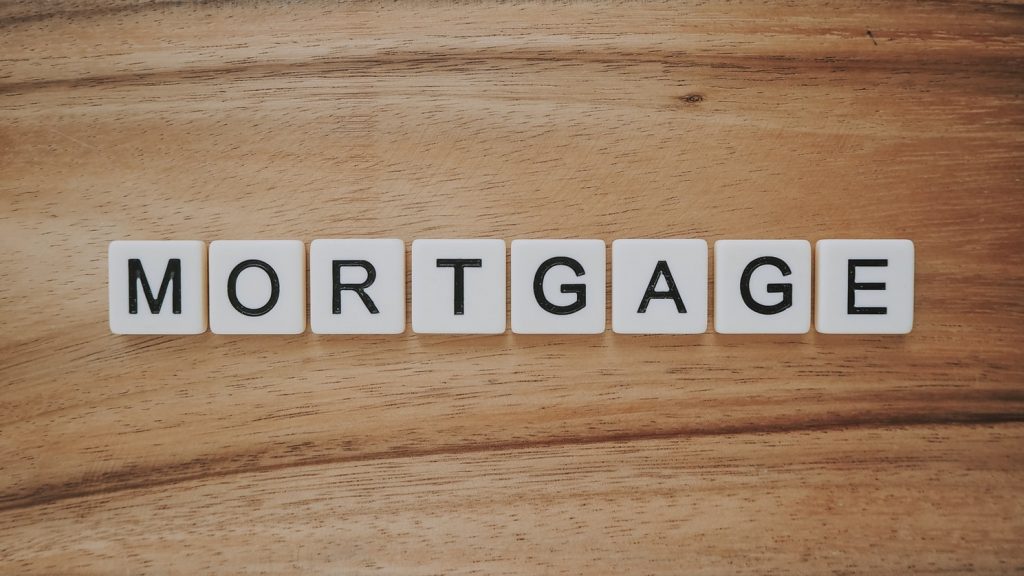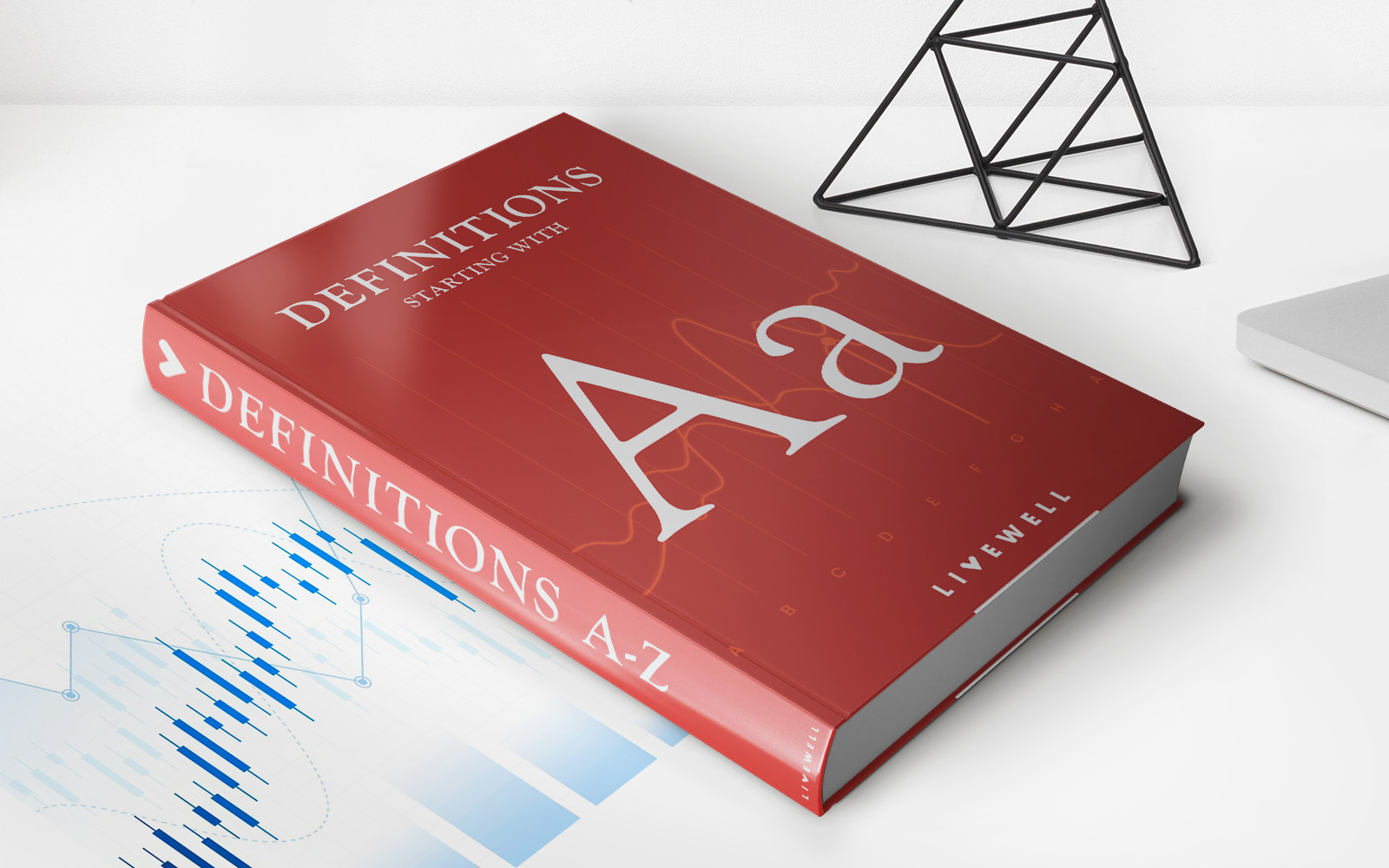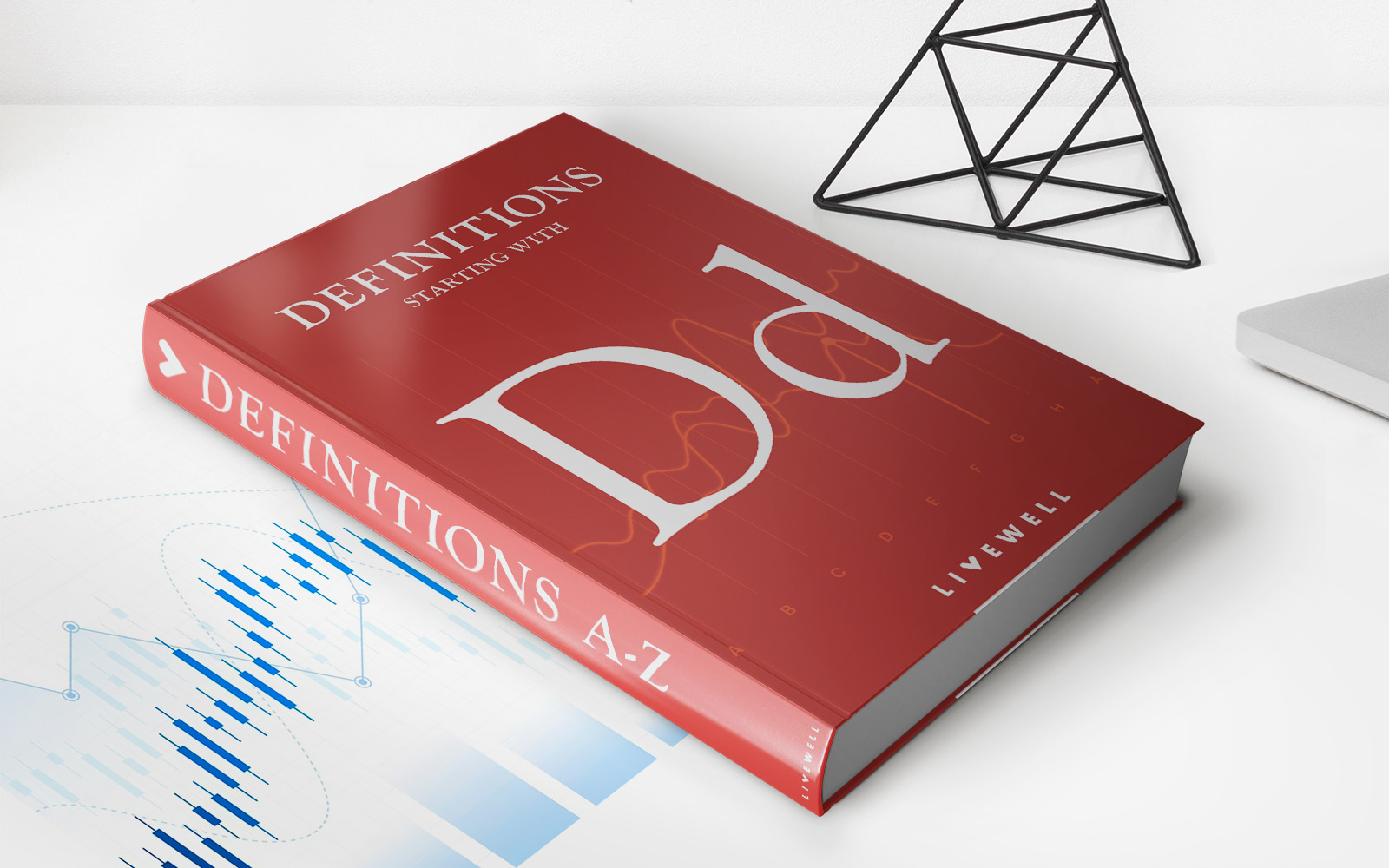

Finance
What Is A Mortgage And Should I Get One?
Modified: September 6, 2023
Discover everything there is to know about mortgages so that you can make informed decisions towards helping you own your dream home!
(Many of the links in this article redirect to a specific reviewed product. Your purchase of these products through affiliate links helps to generate commission for LiveWell, at no extra cost. Learn more)
What Is A Mortgage?
A mortgage is a legal agreement that gives homeowners conditional rights of ownership to a property. Rather than paying in hard cash, homeowners borrow money from banks and agree to pay back through a predetermined set of payments with interest.
The only time a borrower can claim full ownership of the property is when the borrower pays in full. This usually takes between 5 to 10 years on average.
In a residential mortgage, a homebuyer pledges their house to the bank or other types of lenders, which has a claim on the house should the homebuyer default on paying the mortgage. With a foreclosure, the lender may evict the home’s tenants and sell the house, using the income from the sale to clear the mortgage debt.
What Is A Mortgage Foreclosure Risk?
Mortgages also function as the bank’s security. To make sure that homeowners don’t get away with not paying the bank, they use the property as the collateral itself.
If the borrower fails or stops paying the mortgage, the property gets foreclosed, tenants evicted, sold to other borrowers at a cheaper price, and the income from the sale is used to clear the debt.
What Is Included In A Mortgage Payment?
As a homeowner, should you get a mortgage? There are fees to expect aside from the purchase price. Before getting a mortgage, make sure you know what makes up your monthly mortgage payment.
A mortgage payment will almost always comprise what we abbreviate as the PITI (which includes the principal, interest, taxes, and insurance.)

Photo by Jesse Roberts on Unsplash
Principal
The mortgage principal, or principal loan balance, refers to the outstanding balance of your mortgage. As you make your monthly mortgage payments, the mortgage principal reduces.
Some homeowners make prepayments. That is a larger sum than the agreed amount to save both money and time. Since they calculate interest on a mortgage every month, interest payments will be recomputed and can be lowered with prepayments.
It is important to note here that when buying a home, also account for the loan term, or how many years will it take to pay the principal in full.
Interest
The interest rate refers to the annual cost of borrowing money from the bank or lender. The amount that you pay monthly will be a combination of the principal and the interest payments.
The greater the amount borrowed, the higher the interest since they calculate it as a percentage. As the borrower pays off the loan principal balance, the interest paid each month is also reduced.
There are different interest deals. When buying a home, ask your lender what interest deals they offer. Usually, your options are a fixed-rate, an adjustable-rate, or an interest-only rate.
Taxes
The taxes are state-imposed fees that you pay when buying mortgages. It is the fee that the government receives for documenting the loan transaction when people register a mortgage. Taxes vary from state to state.

Photo by Helloquence on Unsplash
Insurance
When buying property, homeowners are usually required to make a 20% down payment in the first month. Since we are talking about real estate, a 20% down payment of the total purchase price is usually impossible to produce for some. If that’s the case, factor in payments for mortgage insurance which allow you to pay less than the 20%.
Mortgage insurance is a way for lenders to minimize their risk in case you cannot make payments. The insurance benefits the lender as the only time you can cancel or stop making payments towards the insurance is when you can complete the down payment.
There are two common types of insurance that you can opt for: Private Mortgage Insurance or Mortgage Insurance Premium. The difference is that PMI is issued on conventional mortgages whereas MIP is issued in FHA loans. FHA loans are loans that are backed by the federal government. Conventional mortgages are loans that are backed by private insurance companies.
Other Things To Look For When Getting A Mortgage
Other than the principal, interest, taxes, and insurance, also enquire about miscellaneous fees you should expect such as prepayment penalties or closing costs. It’s also worth looking at the annual percentage rate (APR). Not to be confused with the interest rate, the APR lets you compare different deals.

Photo by Alexander Dummer from Unsplash
Type Of Mortgages Interest Deals
As we have mentioned in discussing interest, there are three common types of mortgage interest deals: fixed-rate, adjustable-rate, and interest-only rate.
Fixed-Rate Mortgage
The fixed-rate mortgage, which refers to the entire term of the loan, is usually the best interest deal in a mortgage. As real estate prices can go up and down over time, having a fixed rate on your mortgage lowers your risk of having to pay more. This also means higher risks on the lender as they have forgone profits.
Adjustable-Rate Mortgage
Rather than receiving fixed payments monthly, the bank offers an adjustable-rate deal. Investors or homeowners usually pay a fixed rate in the first few years and then pay a variable rate interest in the remaining years. While it puts a higher risk on the homeowner as prices might go up, there’s also a possibility the prices can go down significantly.
Interest-Only Mortgage
An interest-only mortgage deal requires the borrower to make instalments only for the interest they have to pay. This usually takes around 3 to 5 years to complete. When paying the principal, homeowners can either refinance the loan or in most cases, pay in a lump sum.
People who expect to have an increased income choose this deal over other options. Others who might have found a better property to invest in, or in the worst cases, unable to complete payments, sell the property to pay off the remaining loan.
So Can I Afford A Mortgage?

Photo from Pixabay
We’re down to the question of if you should get a mortgage or not? Can you afford to get one? There are two main things that you should account for when asking this question.
Consider Your Current Expenses
Above everything else that you need to take into consideration, you should first look at your monthly expenses. Most lenders use what they call the 28/36 rule. What this means is that a household should not spend more than 28% of its income on housing expenses. Additionally, it should spend no more than 36% on clearing any debts.
Take the amount of your PITI or your monthly mortgage payment and divide it by your gross monthly income. Then multiply it by 100 to get the front end ratio percentage. You’ll want your front end ratio percentage to not be over 28% of your gross monthly income.
Banks also look at your debt to income ratio which has the same formula of monthly debt divided by gross income x 100. For example, you have a $1000 monthly debt and you’re earning $7000 per month.
Debt to income ratio = (1000 / 7000) x 100
This will equal 14.28 percent of the debt to income ratio. Ideally, your debt to income ratio should not be over 36%. The lower the percentage is, the higher your chances of being approved for a mortgage loan.

Photo by Sharon McCutcheon on Unsplash
Do You Have A Good Credit Score?
Banks also look at your credit card standing. It’s important to know how credit scores affect your mortgage rates. With a low credit score, you also lower the chances of getting approved for a loan. Credit scores let the banks know if you pay your monthly dues on time. The higher your credit score, the better the deals that banks offer you.

Photo by rupixen.com on Unsplash
When buying a home for the first time and investing your hard-earned money, know your options, and the best interest deals that you can negotiate with the bank. Knowing these things can also help you minimize your risk of having to lose your home just because you weren’t able to make good calculations first hand.














